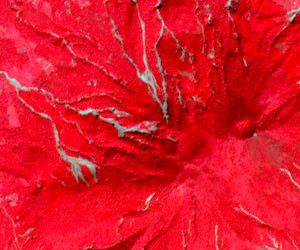
John Gierke (GMES/EPSSI) is Principal Investigator on a project that has received a $582,752 grant from the National Science Foundation. This is a potential three-year project.
Luke Bowman (GMES), Alex Mayer (CEE), Fengjing Liu (Forestry), and Angie Carter (SS) are Co-PI’s on the project titled “IRES Track III: Collaborative Research: Coupling Participatory and Hydrological Research for Adapting to Extreme Hydrometeorological Events in Agricultural Communities, El Salvador.”
Extract
In this project, graduate students from US universities obtain international research experience in social and hydrological sciences while working on a scientific problem with real-world implications.
Changes in climate cause communities to adapt to enhance resiliency and foster practices that are more appropriate for new conditions. In regions where dry seasons are increasingly long, the shorter rainy seasons experience more severe storms.
Rural and agricultural communities are especially vulnerable to new seasonal conditions and their resources for adaptation are limited.
The Dry Corridor of Central America (spanning parts of El Salvador, Guatemala, Honduras, and Nicaragua) is an important region for agriculture and needs adaptation strategies. The project location is ideal because of its many-decades history of changing climate.
The project participants work with local farmers and agricultural stakeholders to gain experience in adapting to climate change. The interdisciplinary scientists and development professionals work together in participatory research in communities experiencing water scarcity and extreme rainfall events.